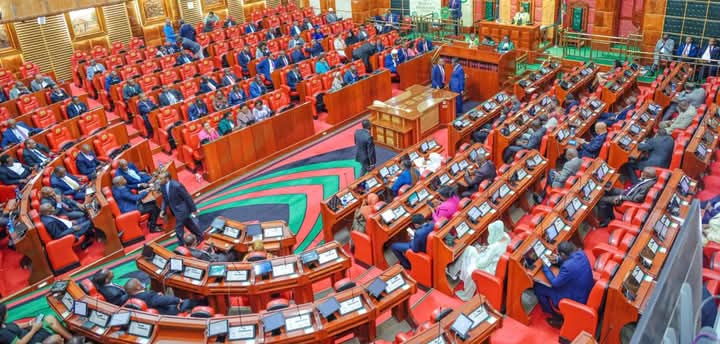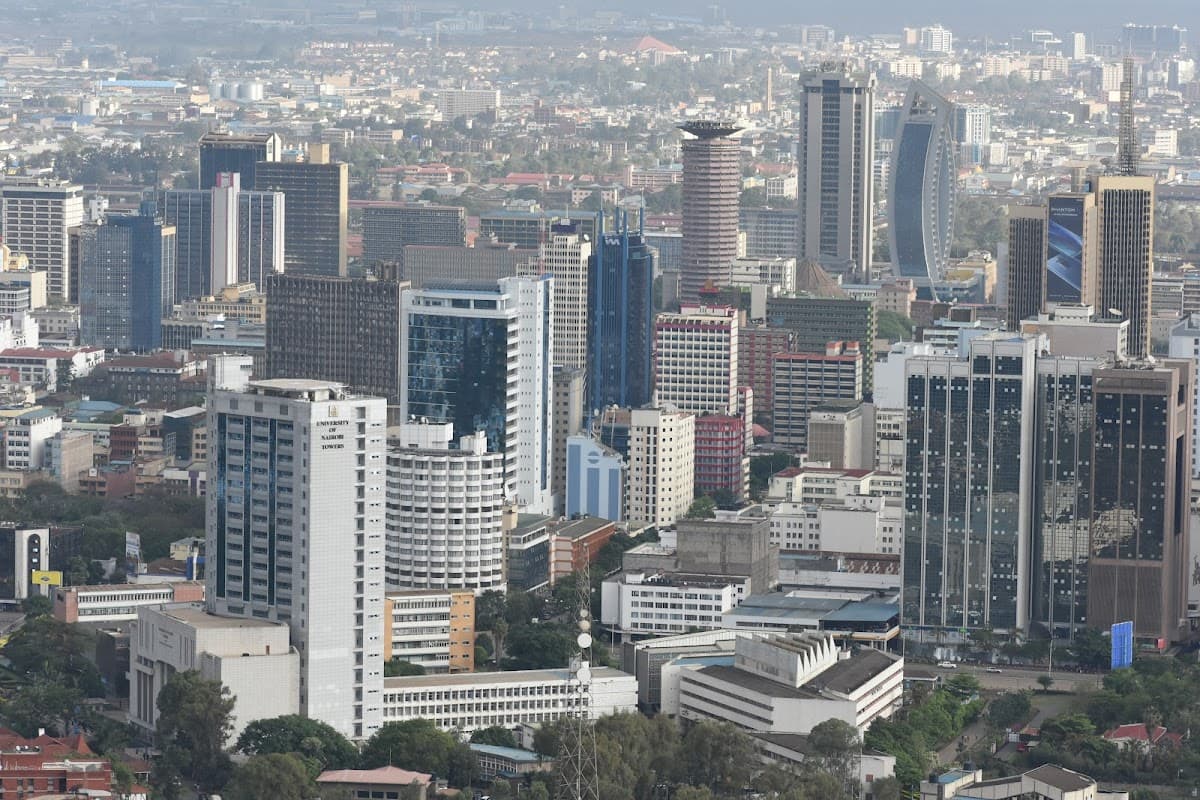KENYA : The Court of Appeal has ruled that the Parliamentary Service Commission (PSC) does not have the mandate to set allowances for Members of Parliament.
In a case emanating from a move to award MPs a Ksh250,000 housing allowance in 2018, the Court noted that the role of setting allowances was to be undertaken by the Salaries and Remuneration Commission (SRC).
SRC had challenged the PSC decision in the High Court and won the case, a move that saw the PSC deduct the housing allowance that had already been paid.
However, dissatisfied with the High Court decision, PSC moved to the Court of Appeal. The matter was heard by Justices Gatembu Kairu, Francis Tuiyott and Jessie Lesiit.
"The appellants in their own confession before us admitted that the judgment of the superior court has been fully complied with and all payments made to MPs under the ‘accommodation/facilitation/house allowance’ fully deducted from the MPs' salaries.
"That action settles the finality of the compromise reached by the parties leaving no room to challenge the issue of house allowance. There is therefore left nothing for us to determine in that regard," read the statement in part.
Additionally, the Court of Appeal ruled that SRC did not contravene the law by capping the amount to be paid to the MPs for sitting allowance.
PSC had lamented that capping the pay would limit the number of sittings to be held.
"The gazette notice that resulted from the compromise aforestated is itself clear that the SRC has not capped the number of times committees can sit," read the ruling in part.
"It has capped the maximum allowances members can earn each month as house committee sitting allowance. This means while the number of committee meetings members can attend is not capped, they cannot earn more in sitting allowances than prescribed by the SRC,"
Following the Wednesday ruling, SRC expressed that the move would safeguard its mandate of setting out remuneration for MPs and other state officials and managing the wage bill.
Meanwhile, Members of the National Assembly last month urged the Salaries and Remuneration Commission (SRC) officers to implement pay rises that were halted in June 2024 following youth-led protests.
The protests led to the freezing of salary increments for state officers, including MPs, and the rejection of the Finance Bill 2024. MPs, who earn Ksh725,502 monthly, had been slated for a raise to Ksh739,600 before the freeze.
Lawmakers are demanding a review of public service salaries to ensure fairness and warned the new SRC against decisions that may pit them against the public.
On Thursday, January 16, 2024, during Parliament proceedings, MPs approved the new SRC commissioners. They urged the team to perform their duties fairly.
National Assembly Majority Leader Kimani Ichung’wah criticized the outgoing commissioners. He accused them of freezing MPs’ pay rises during protests by Gen Z, even though, pay increases are part of the constitution.
He warned the new team against making similar choices, saying, “MPs, like other Kenyans, deserve a pay rise.”
Similarly, Minority Leader Junet Mohamed agreed, saying lawmakers were treated unfairly by the previous team sayng, "SRC assumes we just enjoy perks like security and air-conditioned offices. They need to address wage inequalities in public service."
Junet urged the Commission to avoid being overly critical of politicians based on the perception that they are “jokers.”
“It is a very difficult job, but everyone outside thinks it’s a walk in the park. You have to think of your constituents, the entire nation, and ensure the right laws are passed. You also have to be present during debates and decision-making,” the Suna East MP remarked.
“SRC assumes we are just jokers sitting in air-conditioned halls saying whatever we want.” he added.
He called on the SRC to take a comprehensive approach when determining policies on politicians’ salaries and cautioned them against assuming that being tough on politicians would enhance their credibility with Kenyans.
However, Mohamed also pointed out the need for the new commission to address wage disparities across various sectors.
“The low-cadre worker must feel valued and adequately remunerated, just like the highest-paid employee,” he added.
Mombasa Woman Representative Zamzam Mohamed called for an even higher pay increase saying “Our salaries go to the communities we serve. We had to reject a Ksh. 7,000 increase due to public outrage, but we needed more. Times are tough.”
The newly approved SRC team includes Samuel Chepkwony as chairperson, alongside Major General (Rtd) Martin Kizito (Defence Council), Mohamed Aden Abdi (county governments), Jane Njage (Teachers Service Commission), and Leonid Ashindu (Association of Professional Societies in East Africa). Gilder Odera will represent the Federation of Kenya Employers (FKE), and Geoffrey Omondi will represent the Central Organization of Trade Unions (COTU).
Chepkwony replaces Mengich, whose six-year term ended in September 2024.
Kenyan MPs are among the highest-paid lawmakers globally. A 2020 report ranked them second in the world, surpassing MPs in the U.S., Japan, and Britain.
This disparity between their earnings and the struggles of ordinary citizens has deepened the public’s discontent, fueling calls for accountability and fairness in addressing the nation’s pressing economic challenges.







